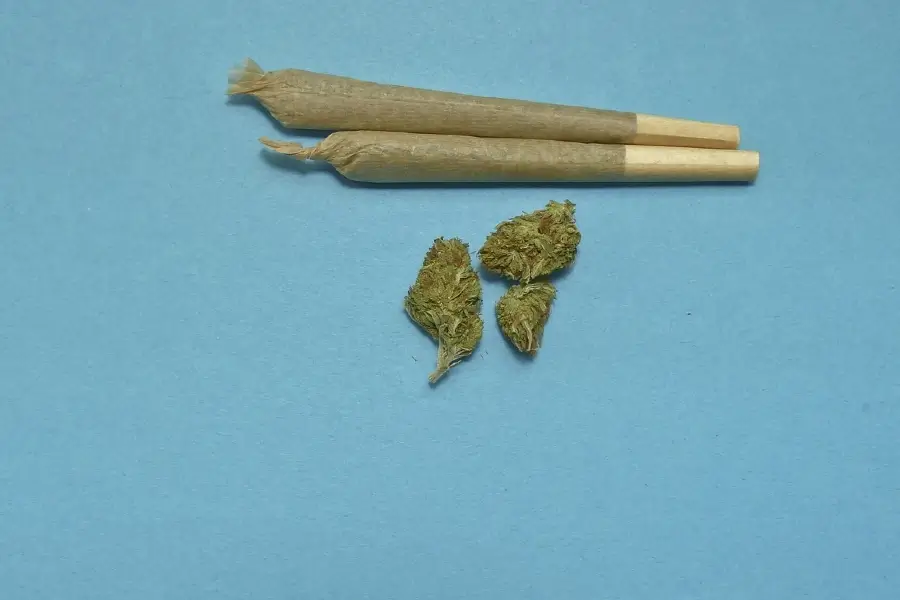THC, or Delta-9-tetrahydrocannabinol, is a chemical compound found in the cannabis plant. It is responsible for the psychoactive effects associated with the consumption of marijuana, including feelings of euphoria, relaxation, and altered perception.
THC has numerous beneficial applications, particularly in medicine. It has shown effectiveness in treating various conditions, such as chronic pain, vomiting, and muscle spasms.
Tetrahydrocannabinol (THC) is a natural component found in cannabis plants. This cannabinoid is widely recognized and extensively studied for its mind-altering effects.
THC can relieve pain and reduce inflammation.
THC, or delta-9-tetrahydrocannabinol, is a crucial bioactive compound present in medical cannabis. It is prescribed to patients for the treatment of diverse medical conditions.
Medical cannabis is primarily utilized for the management of persistent pain. Studies have shown that THC can relieve pain and reduce inflammation, making it a suitable treatment option for people with conditions such as arthritis, fibromyalgia, and multiple sclerosis.
Furthermore, research has shown that THC is effective in reducing cancer-related symptoms such as nausea and vomiting, which are commonly caused by chemotherapy and radiation therapy.
In addition to its pain-relieving and anti-nausea properties, THC has shown potential for various other therapeutic benefits. Research suggests it may effectively treat glaucoma, a condition characterized by high pressure inside the eye and possible vision problems.
THC has the potential to offer benefits, it also carries risks.
THC has also been studied for its ability to stimulate appetite and improve sleep, which can be particularly beneficial for individuals undergoing cancer treatment.
While THC has the potential to offer benefits, it also carries risks. Like numerous medications, it can cause adverse side effects such as vertigo, confusion, and impaired motor skills. Furthermore, it possesses the capacity to develop a dependency and could lead to psychological dependence. Patients must actively cooperate with their healthcare providers to evaluate the appropriateness of medical marijuana as a treatment option and to carefully track their medication usage.
Due to its psychoactive effects and potential for abuse, certain countries have prohibited its use and implemented strict regulations.
THC has been employed not only for medicinal purposes but also in manufacturing various commodities such as textiles, paper, and biofuels. Hemp, a variety of cannabis plants with lower levels of THC, is highly advantageous for the production of textiles and paper.
The fibers of this material exhibit remarkable durability, elasticity, and environmental friendliness, making it highly desirable for manufacturers aiming to produce sustainable products.
Despite the numerous practical applications of THC, it remains a topic of contention. Due to its psychoactive effects and potential for abuse, certain countries have prohibited its use and implemented strict regulations.
As research on the medicinal benefits of THC and its potential as a renewable resource continues to grow, its use will likely become more widely accepted and regulated reasonably.




